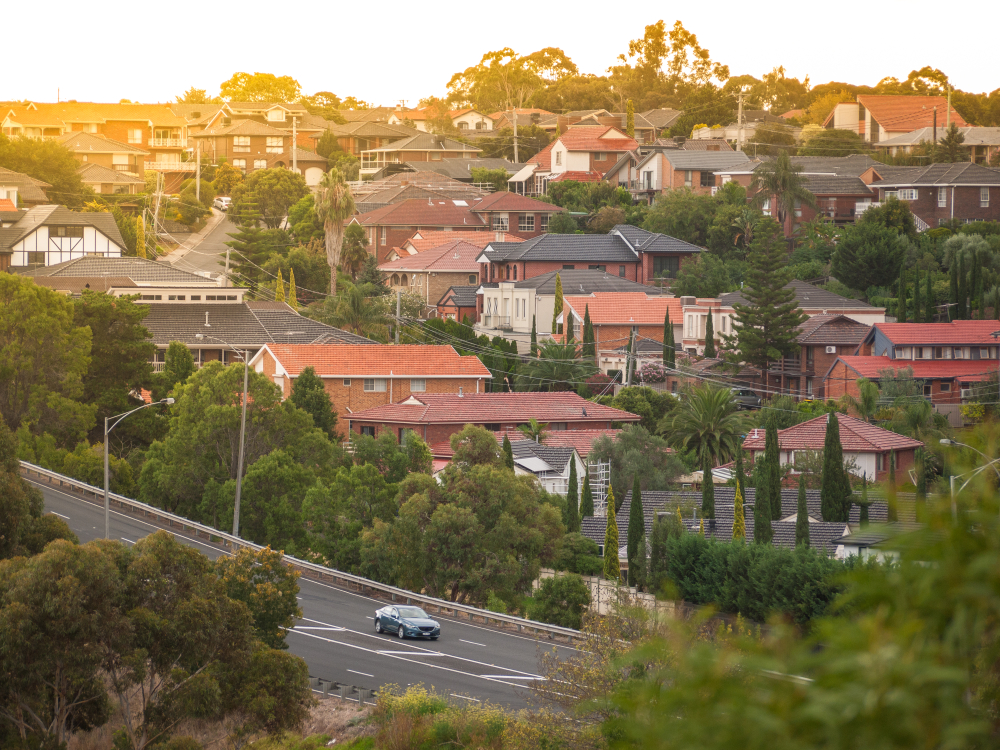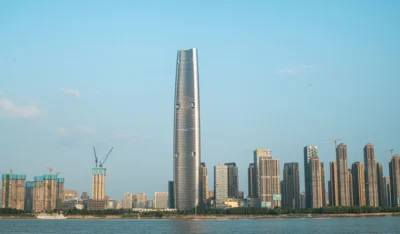Australians offer up to $100 extra per week to secure a home
Tenants are agreeing to rental increases due to the shortage of rental properties

According to Domain, tenants in some Australian capital cities are willing to pay up to AUD100 extra per week in rent to lock down sought-after rental properties, as eviction moratoriums end.
Despite major capital cities such as Melbourne and Sydney are experiencing elevated rental vacancy rates of three and 4.6 percent respectively, due to the loss of international students, options are few elsewhere with dozens of potential renters turning up to open homes.
At the peak of the pandemic last year, Australian states and territories implemented bans on evictions and rental increases to help tenants, as their incomes dry up from job losses. However, as bans of rent hikes expire, some landlords are taking this golden time to raise their asking prices.
As mentioned by Joe Hotchin-Lott, leasing consultant at Arena Real Estate Agents leasing, tenants in Perth are offering anywhere from AUD30-AUD100 extra per week to secure a home due to the shortage of rental properties.
Hotchin-Lott added that landlords have been spiking rents in Western Australia since March 29, and tenants were agreeing to the increases and renewing their leases as there were so few homes to choose from.
“When you have that 12-month block [on rent rises], we’re seeing those rent increases appearing in large blocks,” he said. “Normally you can budget for a $20 or $30 increase but when you see a $50 increase people are getting a bit scared.”
In Hobart, as soon as the moratorium was lifted, many landlords took advantage of the rising rents while others acted against it.
Bec MacGregor, head of property management at Ray White Hobart, said, “As soon as that [moratorium] was lifted on February 1 the [landlords’] expectations were that their rents should be increased. I’ve had a couple of other owners who have said people are still trying to find their feet so we will look at rent increases next year.”
More: Australia’s booming property prices drive the surge in wealth
Moreover, returning DFAT personnel from overseas and various embassy staff extending their leases in Canberra were compressing the availability of rentals with vacancy rates tightening to 0.7 percent from 0.9 percent.
Brie Purnell, head of property management at Purnell, said that a strong jobs market in the capital meant many tenants weren’t heavily affected. Only a fraction of tenants requested a rent reduction during the pandemic.
“The majority of our tenants are public servants as a result of parliament house and government departments around these inner suburbs,” she said. “A lot of our tenants’ employment remained quite secure.”
Recommended
6 developments driving Asia’s green real estate shift
Developers are being incentivised to push a green agenda into daring new realms
The Philippines’ LIMA Estate drives sustainable industrial growth
LIMA Estate models a citywide vision that uplifts workers while appealing to climate-conscious employers
Malaysia property market rebounds with foreign interest and growth
The nation’s property market is stirring to life, fuelled by foreign buyers and major infrastructure drives
China’s renewable energy surge redefines housing norms and development
From exporting solar panels to building entire green-powered neighbourhoods, China’s renewable surge is redefining housing norms







